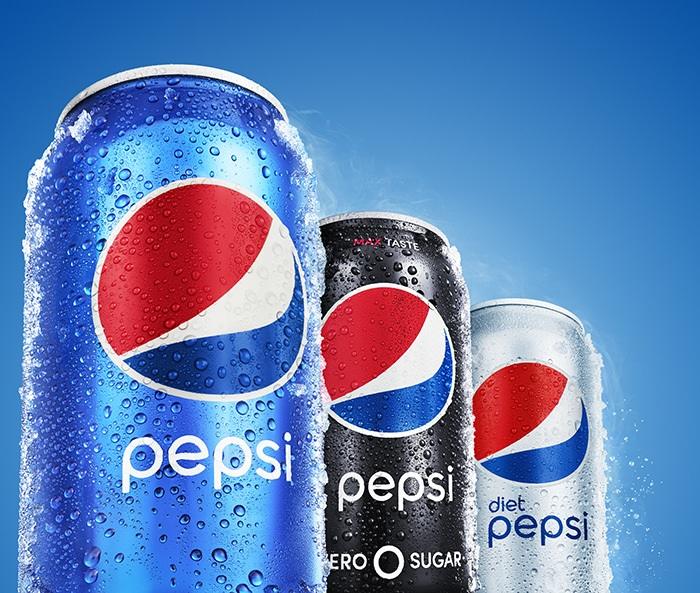PepsiCo Aims to be Net Water Positive, Deliver Water Access to Millions by 2030
Food and beverage giant PepsiCo announced today a commitment to become Net Water Positive, expanding its sustainability goals with a pledge to replenish more water than it consumes at high water risk sites and to deliver safe water access to 100 million people by 2030.
Jim Andrew, Chief Sustainability Officer at PepsiCo, said:
“Time is running out for the world to act on water. Water is not only a critical component of our food system, it is a fundamental human right – and the lack of safe, clean water around the world is one of the most pressing issues facing our global community today. Water scarcity is directly linked to the climate crisis, and at PepsiCo, we believe a global effort to be ‘net water positive’ is essential. We’re focused not only on making sure people around the world have access to this vital resource, but ensuring that we are also prioritizing water stewardship in our operations everywhere.”
The company outlined a number of initiatives it will pursue as it approaches its new water stewardship goals, including major improvements in efficiency, with a targeted 50% reduction in water use at PepsiCo sites, avoiding 11 billion liters of water avoided per year.
As part of its water access ambition, PepsiCo announced the launch of a new program in partnership with NGO WaterAid to bring safe water to families in Sub-Saharan Africa, targeting improvements in water infrastructure, new water supply systems and equitable sanitation facilities, and the promotion of hygiene education.
C.D. Glin, Vice President, Global Head of Philanthropy at PepsiCo, said:
“We learned quickly at the onset of the pandemic that handwashing and proper hygiene were critical to slowing its spread, but for millions around the world, access to water remains a luxury. As a result, millions of lives remain in jeopardy and until we address this crisis the region will remain especially susceptible to viruses like COVID-19.
“Not only does this disparity in water access contribute to the severity of the pandemic, but it also affects many other developmental goals of the region, including food production, gender equality, climate resilience and poverty alleviation. We’re proud of our continued partnership with WaterAid to bring this program to the region and are excited to be investing in the water-scarce areas that need this resource most.”





